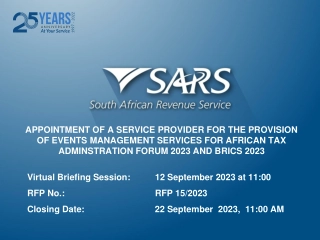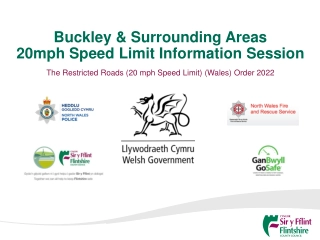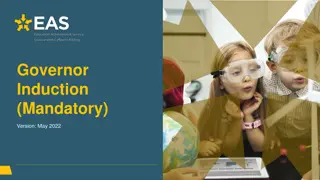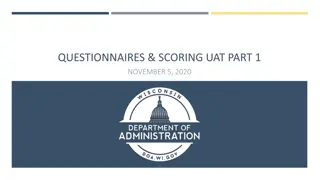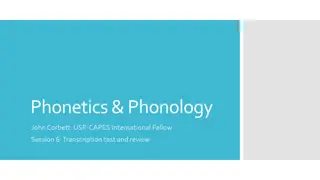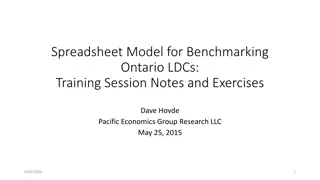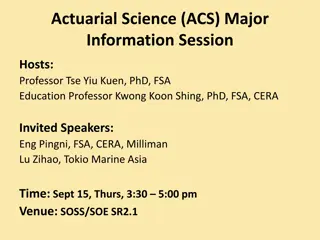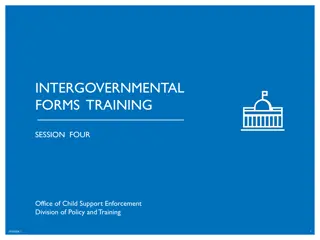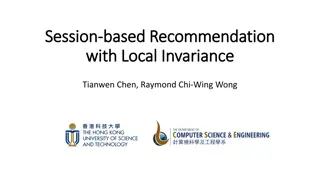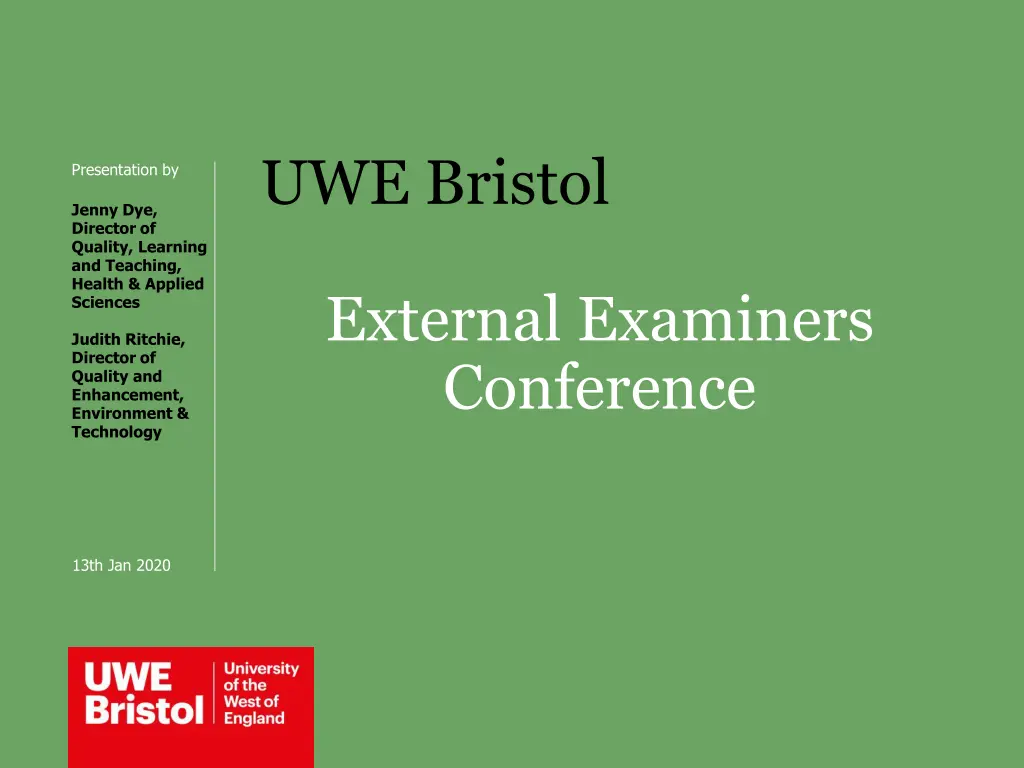
Roles of External Examiners in Academic Assessment
Discover the key roles and responsibilities of Chief and Field External Examiners in academic assessment, ensuring quality standards, progression, and fairness. Understand the activities involved and limitations for Field EE, emphasizing their crucial role in maintaining assessment standards.
Uploaded on | 1 Views
Download Presentation

Please find below an Image/Link to download the presentation.
The content on the website is provided AS IS for your information and personal use only. It may not be sold, licensed, or shared on other websites without obtaining consent from the author. If you encounter any issues during the download, it is possible that the publisher has removed the file from their server.
You are allowed to download the files provided on this website for personal or commercial use, subject to the condition that they are used lawfully. All files are the property of their respective owners.
The content on the website is provided AS IS for your information and personal use only. It may not be sold, licensed, or shared on other websites without obtaining consent from the author.
E N D
Presentation Transcript
UWE Bristol Presentation by Jenny Dye, Director of Quality, Learning and Teaching, Health & Applied Sciences External Examiners Conference Judith Ritchie, Director of Quality and Enhancement, Environment & Technology 13th Jan 2020
External Examiners Chief EE appointed to a cognate group of programmes. Field EE appointed with responsibility for a module or specified group of modules within a named field. Field EE may also have responsibility for modules delivered at partner institutions in UK or overseas. External examiners will have an academic and/or practice background. All modules at FHEQ 5 and above require external examiner scrutiny. Overview only below FHEQ 5, unless PSRB requires otherwise. FHEQ v UWE levels
Roles and responsibilities of the Chief EE Award Board Attendance o Progression and achievement o Conduct of award board o Overall assessment process and parity of approach to assessment. Annual Reporting
Roles and Responsibilities of the Field External Examiner Ensure assessments are properly conducted Ensure standards/levels are appropriate; consider comparative performance across range of cohorts both at UWE and at partner institutions. Participate in Field Board decision-making e.g. consideration of any adverse cohort circumstances Report on the effectiveness of assessments Report on the conduct of the examining board Report any matters of serious concern arising from the assessments which put at risk the module standard
Activities include: Reviewing assessment tasks /tools Sampling the marking of student work o Expected documentation Placement visits for professional practice modules Hearing the student voice Attending Examination Boards Acting as a critical friend to the module / programme team o External reviewer (additional contract) Writing an Annual Report for the University
Field EEs are not permitted to; Attend Award Boards (unless a PSRB requirement) Be involved in Award Board decisions regarding student progression and achievement (unless a PSRB requirement/appointed as non-modular EE also) Change marks for individual students Name individuals in their annual reports
Case 1 Exam paper consisting of 4 compulsory questions. Some key module content not delivered/poorly delivered. Concerns raised by students post exam. What advice might you give the module team?
Case 2 You are EE for a module that is delivered at UWE and at 2 FE colleges (collaborative provision). During external moderation you note the following statistics; What are your questions/considerations?
Breaking it down - analysis 1.What is the evidence? 2.Does the evidence support the concern? 3.Does the board agree? 4.What is the impact? 5.If a potential impact is agreed should any action be taken? 6.If yes, what actions are available?
Possibilities Analysis of student performance current and comparable cohorts Examples of actions available; o mark uplift - %age versus actual Impact of changing marks fail Rigour; have LO s, professional standards been met o No action o Resit uncapped o Null and void (new assessment) pass etc.
Assessment and Feedback Policy Quality processes related to assessment setting and marking will be found in the Assessment and Feedback Policy Separate Policy and Guidance Documents o Principles o Internal marking options o Moderation requirements Guidance on sample selected o Aggregate mark guidance o Links to annual monitoring
Assessment and Feedback Policy External moderation summary; EE sample moderation; 10% of cohort scripts; min 6 max 12. Where EE has oversight of collaborative provision they should also receive a sample as above, clearly identified as collaborative provision. EE provided with related documentation e.g. module handbook, evidence of moderation, assessment, marking criteria, module report prospective, retrospective. o External examiner blackboard tab.
Regulations Three types of modules; o Standard/project/professional practice 1.Late Work (24 hour window) 2.Extensions (5 day) 3.Personal Circumstances/Mark removal 4.Adverse Group Circumstances 5.Reasonable Adjustments 6.Assessment Offences 7.Other policies


